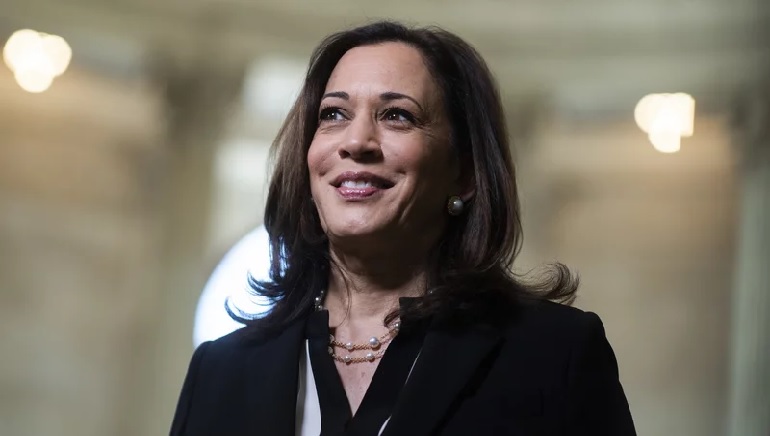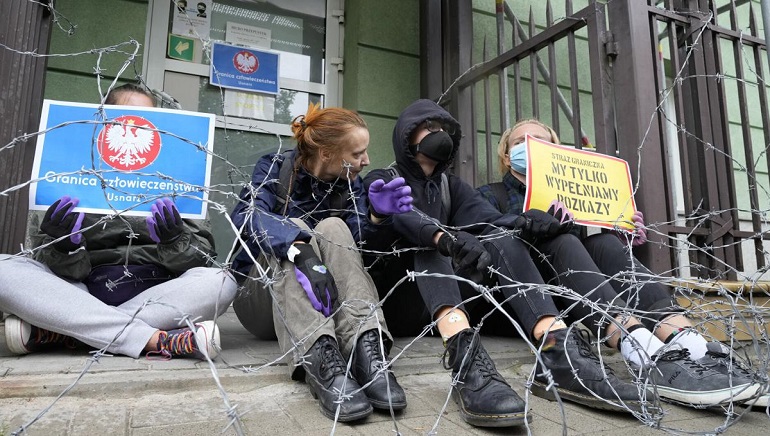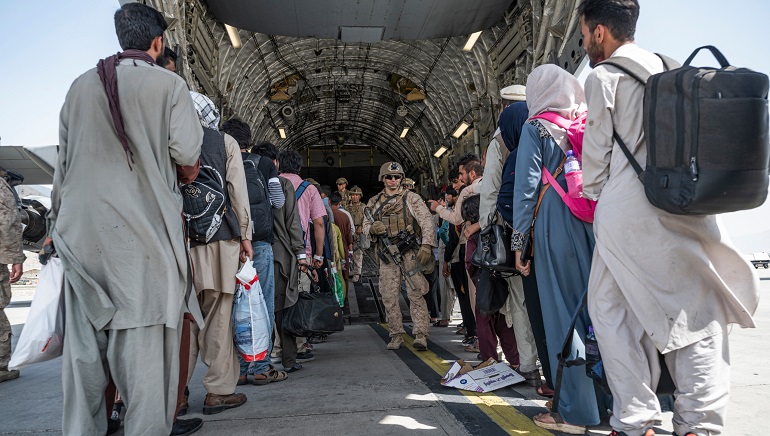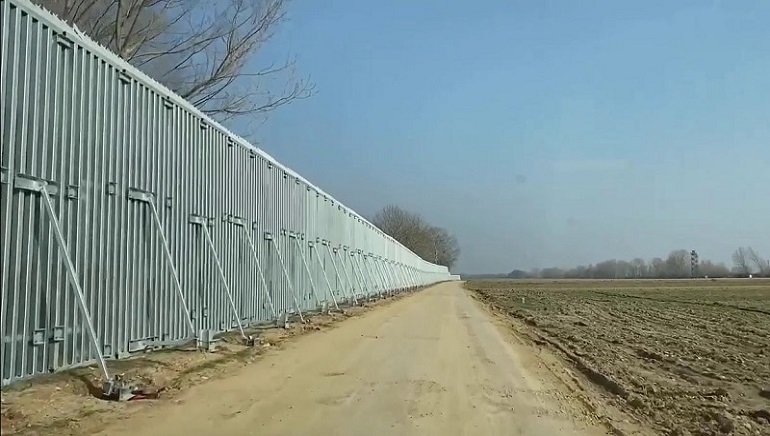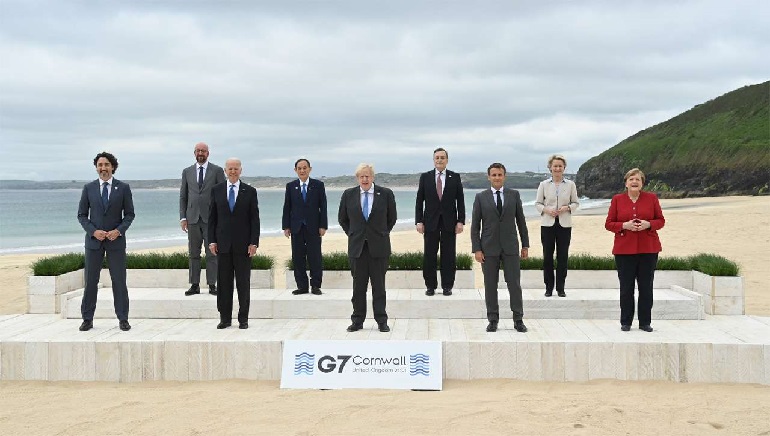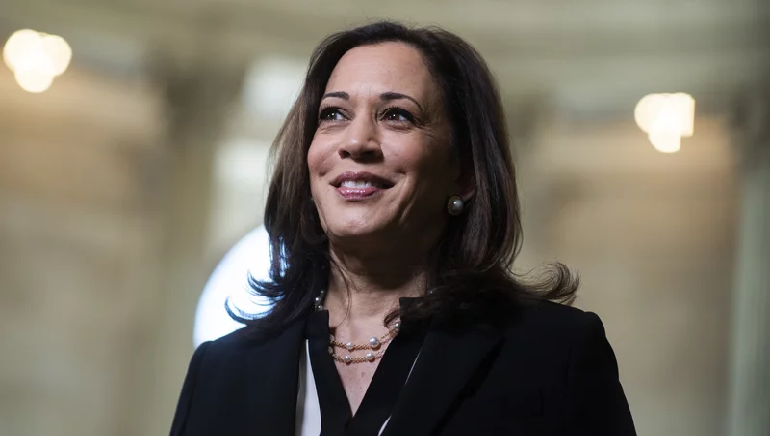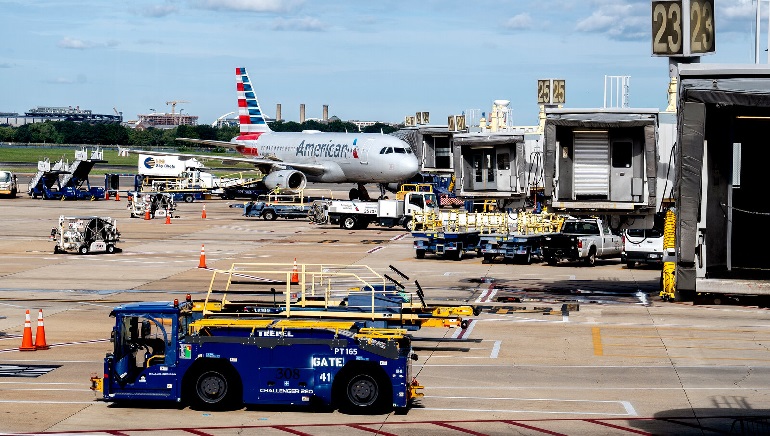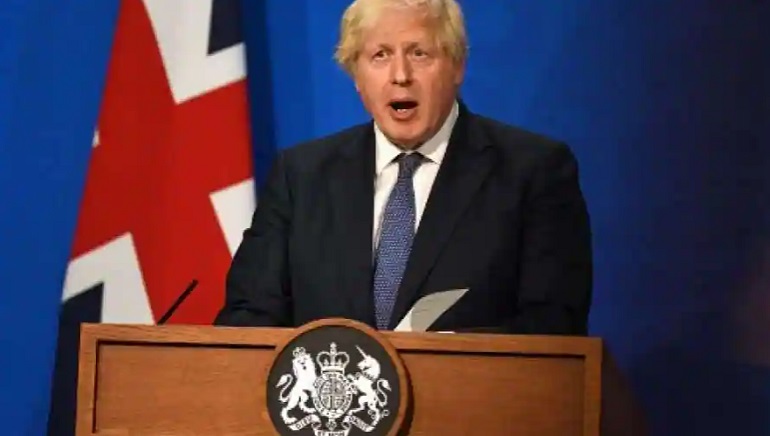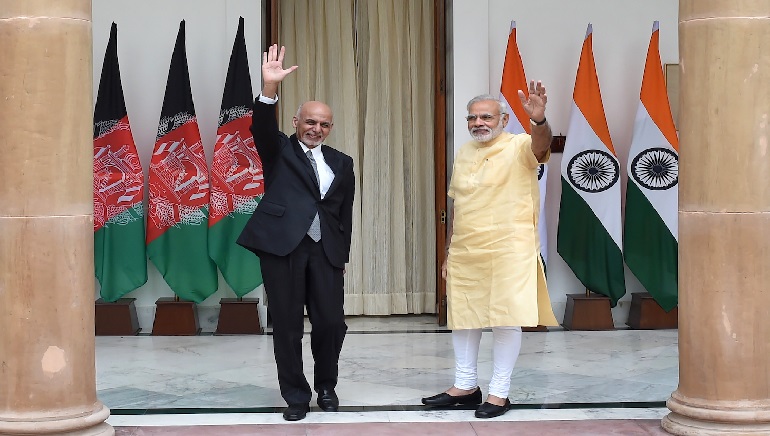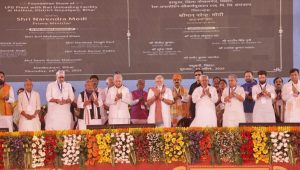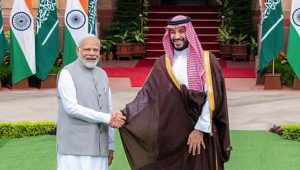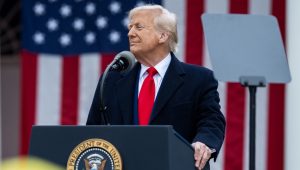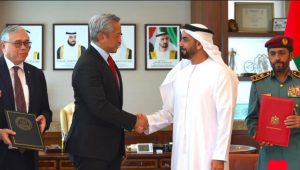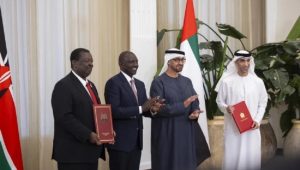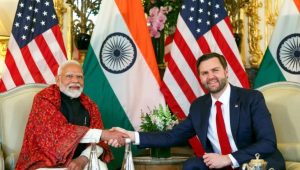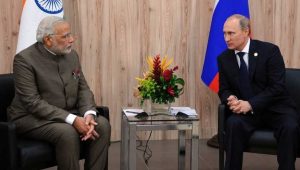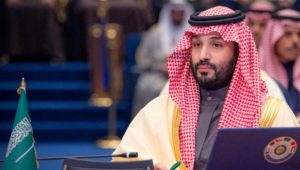The United States Vice President Kamala Harris is on a Singapore visit as part of the Biden administration’s efforts to counter Chinese influence there. On Monday, The White House had announced a series of new agreements with Singapore at combating cyberthreats, tackling climate change and issues related to coronavirus, and alleviating supply chain issues.
The Treasury and Defence Department, Cybersecurity and Infrastructure Security Agency have linked a memorandum of understanding on cybersecurity. They had talks with Singapore counterparts regarding the expansion of information sharing and training to combat cyber threats. A new effort between the Departments of Commerce, Energy, Transportation, and Treasury, the two nations are launching the U.S. Singapore Climate Partnership on Climate.
The Southeast Asian trip of the Vice President brings her to Singapore and then later to Vietnam this week which aims at broadening cooperation with both the nations to offer a counterweight to China’s growing influence in the region. The meeting will center on the White House’s commitment to bolstering regional security along with international rules and norms including in the South China Sea. The official noted the administration’s “vision” for “free and open” Indo-Pacific.





